
In 2030 green hydrogen to fuel heavy trucks and buses
Bloomberg: “Approaching cost competitiveness for heavy trucking, buses and remote power”
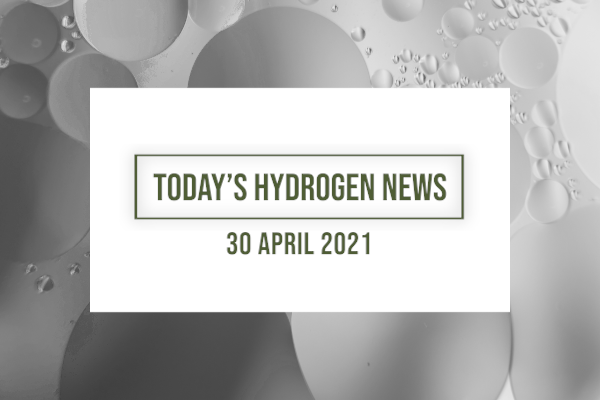
Gaussin presents a universal chassis for hydrogen trucks
They call it the “skateboard” for class 8 tractor and straight trucks
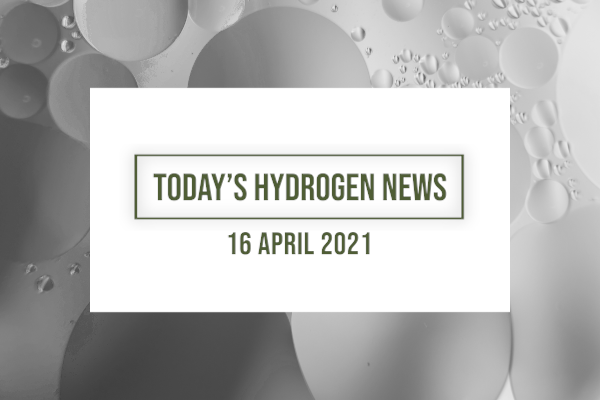
A record-breaking commercial-scale hydrogen plane has taken off in the UK
The company expects to offer commercial H2 flights as early as 2023
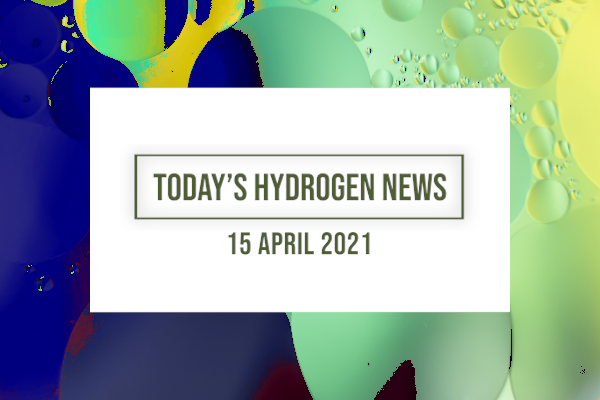
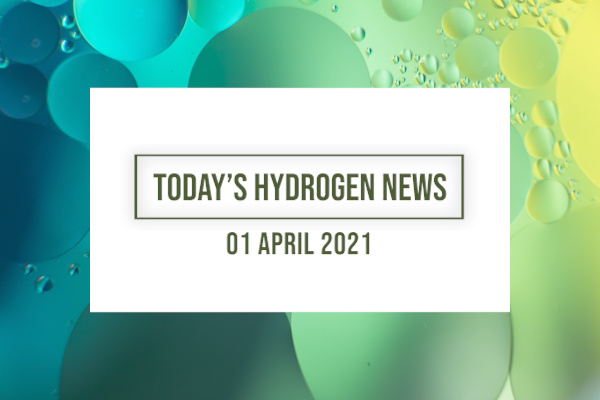
British Airways invests in ZeroAvia for development of zero emissions aircraft
It concerns a 50+ seater aircraft capable of running on hydrogen-electric power
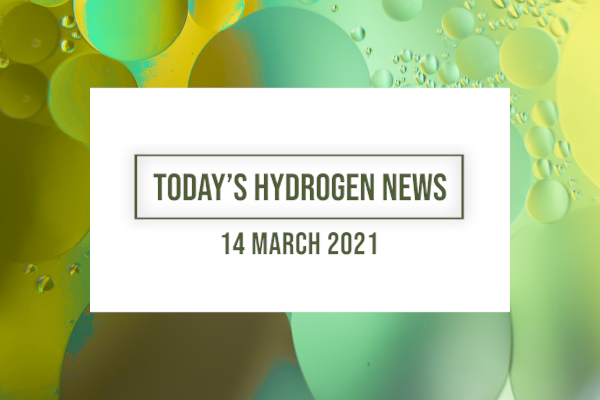
Linde to supply world’s first H2-powered ferry
Norled CEO: “We believe that hydrogen will play a significant role in the future of zero-emission ships”
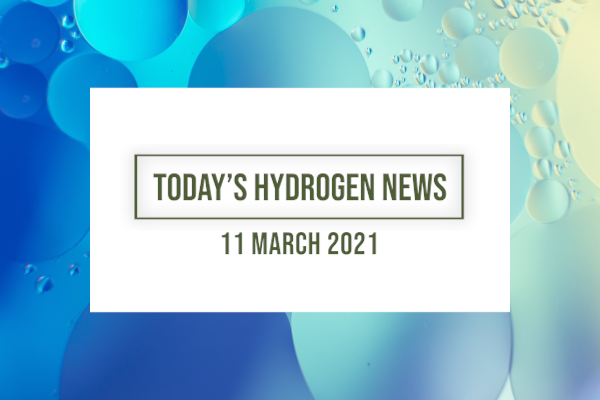
Zero-emission fuels need to make up 5% of the fuel mix by 2030
Getting to Zero Coalition: “27% of total energy by 2036, and 93% by 2046”
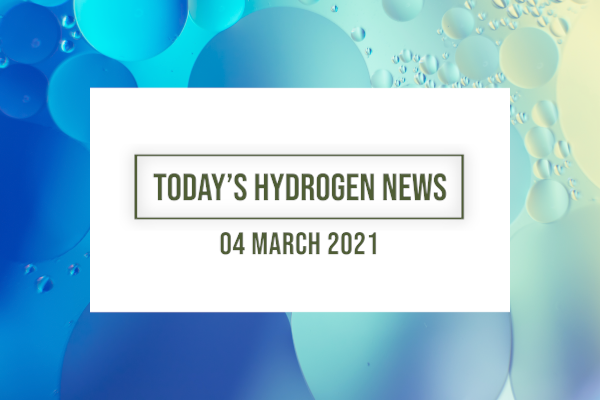
“Future of shipping fuel is green hydrogen and ammonia”
Shipping companies say it can be produced in sufficient quantities
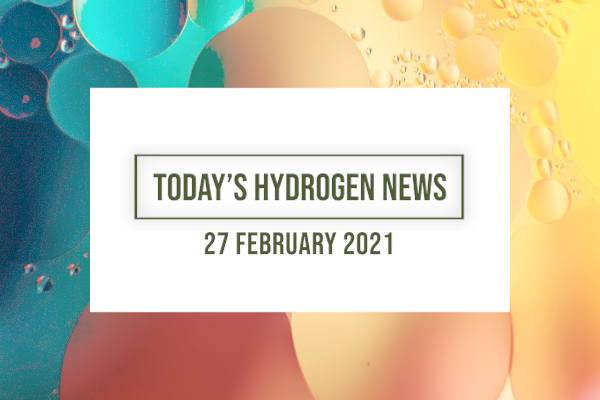
Flying on liquid hydrogen: Delft students come up with ‘revolution in aviation’
They unveiled a prototype for flying on liquid hydrogen
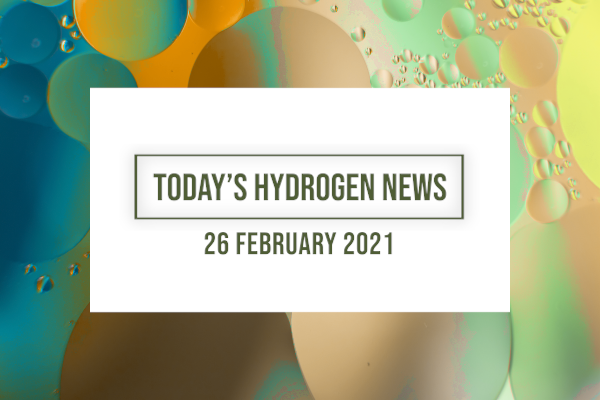
Danish shipping firm Maersk drops LNG and leapfrogs to net-zero fuels like green ammonia
“Our research shows that they are available”
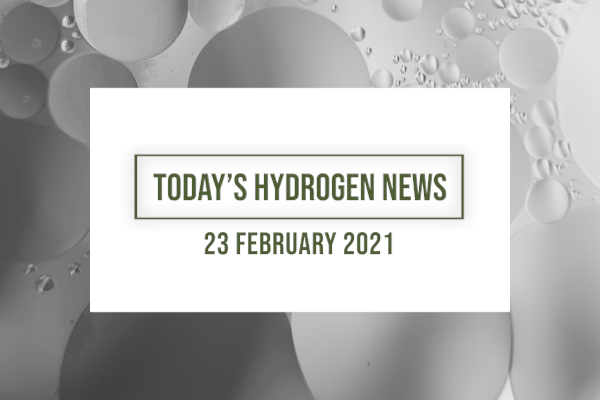
“Will Blue H2 Gas kill Tesla?”
New emission-free hydrogen manufacturing process can fuel a 300-mile trip
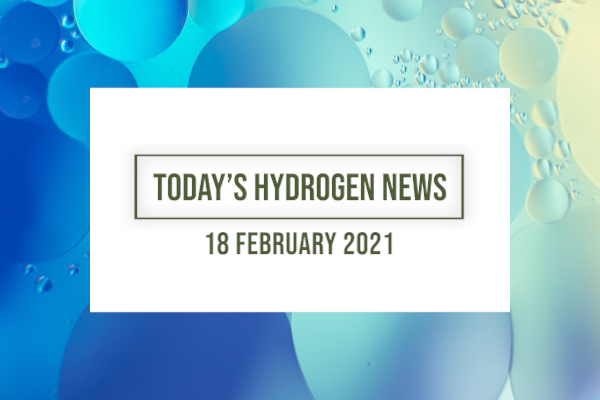
Hyzon to deliver 1,500 hydrogen fuel-cell powered heavy trucks to New Zealand
To be assembled at Hyzon’s facility in the Netherlands
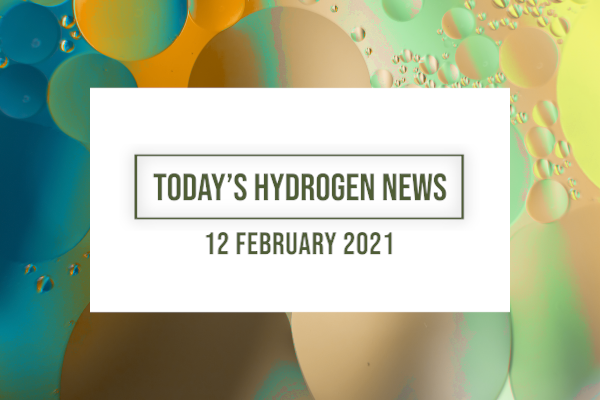
Paris airports could be transformed into H2 hubs
Airbus, Air France-KLM, Paris Region and Groupe ADP want to transform Paris airports into hydrogen hubs
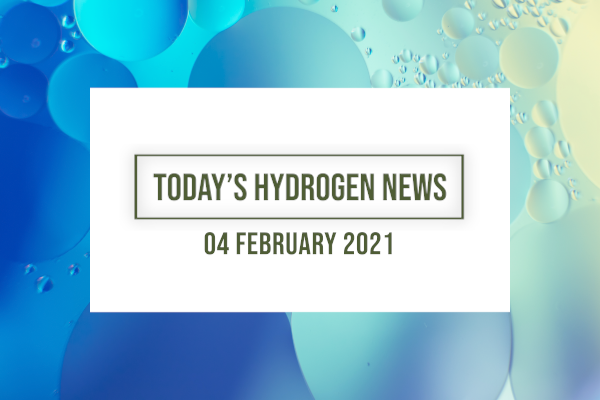
Major manufacturer drops hydrogen trucks in favor of battery-electrics
Where will hydrogen fit in the clean transport mix? Not in trucking, says Scania
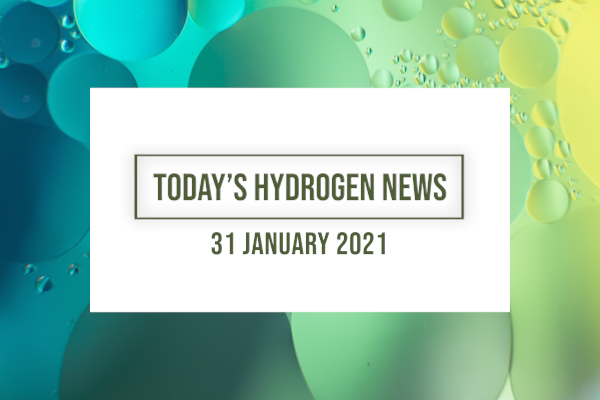
Hyundai Motor seeks to solidify leadership through huge investment
The market for hydrogen-powered vehicles is gaining momentum
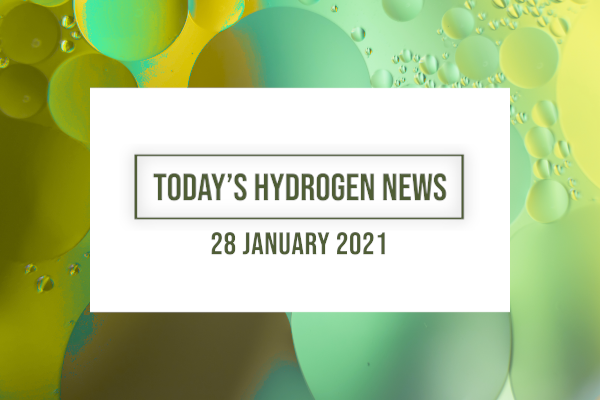
Toyota plans to expand production hydrogen fuel cell vehicles
Designing lower-cost, mass-market passenger cars
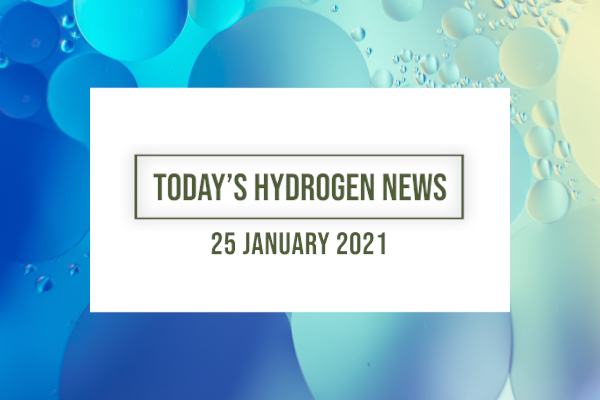
HysetCo to run 20 hydrogen stations in Paris by 2024
Aiming 10,000 taxis to run on hydrogen in the next three years
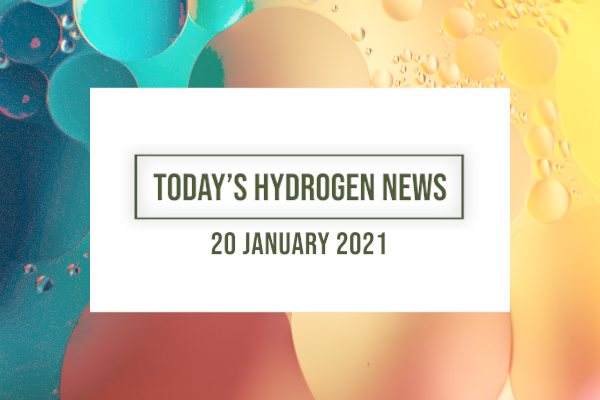
Airbus Bets on Hydrogen to Deliver Zero-Emission Jets
The European planemaker has given itself five years to develop an aircraft that doesn’t pollute the sky
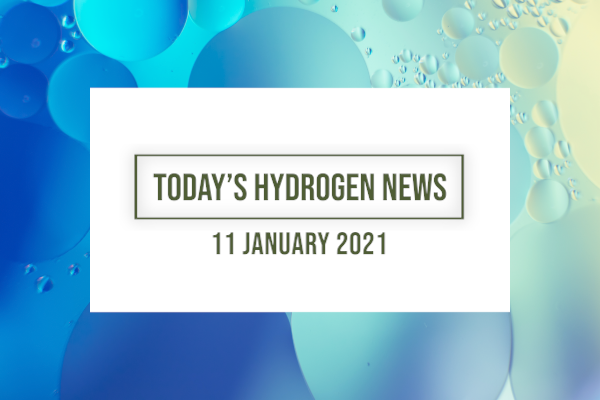
Study finds strong market for hydrogen trains
FCH JU: “By 2030, one in five new trains in Europe could be powered by hydrogen,”
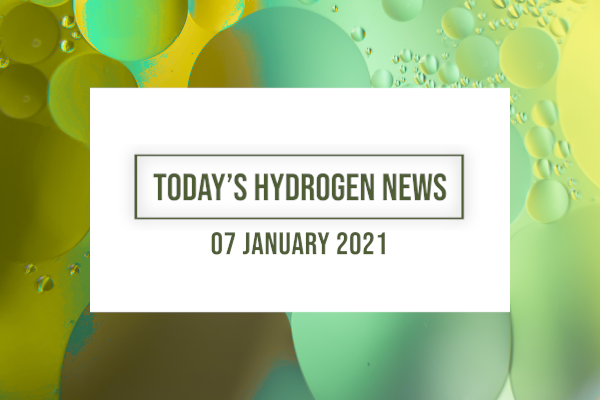
First Alstom hydrogen trains go into serial production in 2021
In Western Europe alone, 5,400 diesel engines have to be replaced.
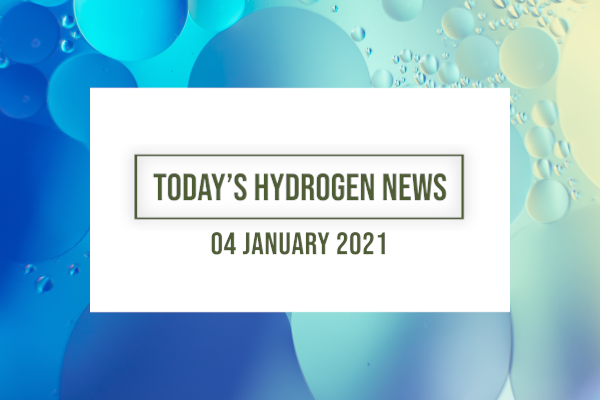
Changwon City to introduce world’s first hydrogen-powered garbage truck
The truck has a range of 346 km on a tank of 25 kilograms
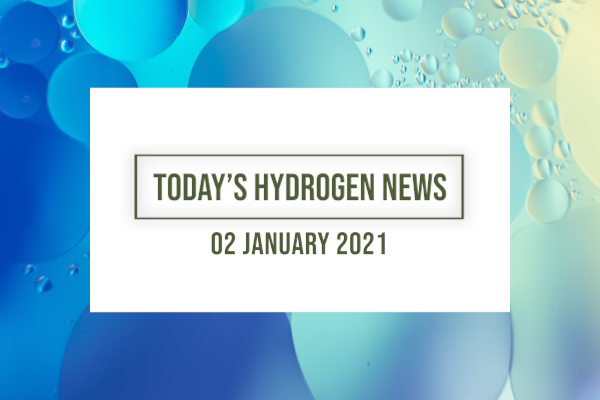
Indian space rockets powered by green fuels like hydrogen peroxide
“Since humans will be inside the rocket, we want only non-hazardous fuel”
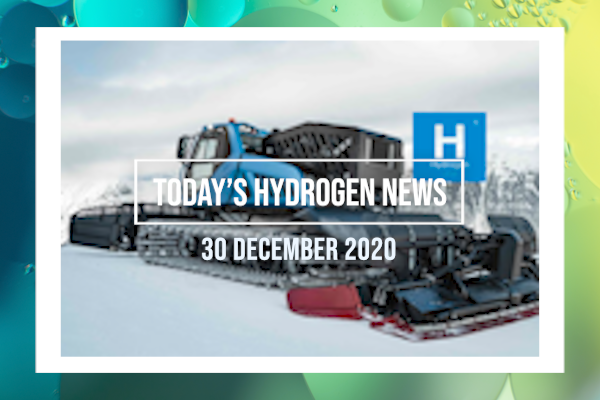
Zero-emission hydrogen powered snow groomer in Italy
A major breakthrough towards carbon- neutral ski resort operations
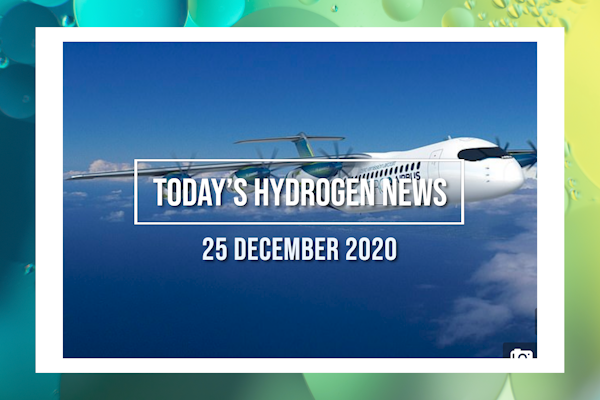
Airbus reveals radical design for detachable hydrogen fuel cell wing pods
They could propel aircraft on long-range flights with zero emissions
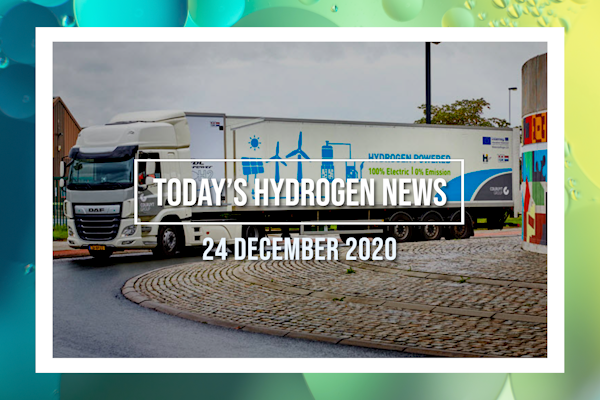
Colruyt Groep the first in Europe to test a 44-ton hydrogen truck
The truck was developed by VDL Groep in Eindhoven
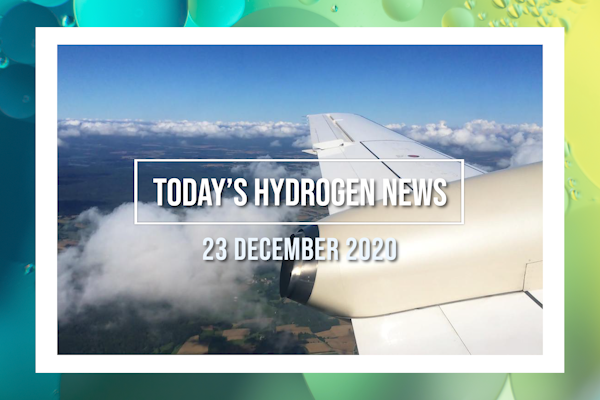
Jet fuels produced from carbon dioxide using renewable hydrogen
Aviation jet fuel using novel, inexpensive iron-based catalyst
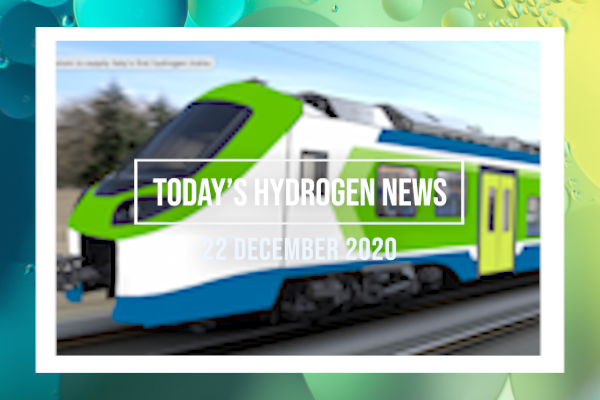
Alstom to supply Italy’s first hydrogen trains
Alstom will supply six hydrogen fuel cell trains in the Italian region of Lombardy
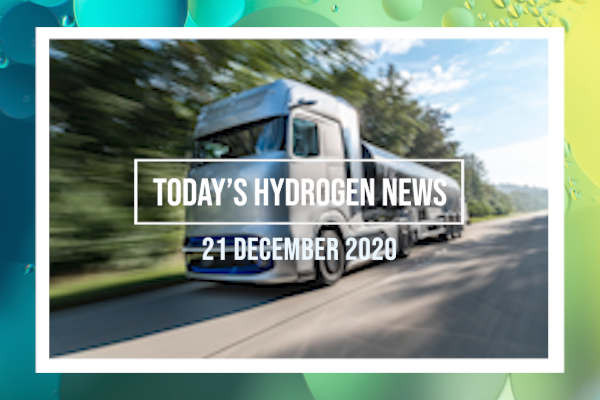
“Hydrogen-powered trucks are the key to CO2-neutral transport of the future.”
Martin Daum, chair of the management board of Daimler Truck AG

Fueling the future of mobility
Hydrogen as an energy carrier has two major advantages over fossil fuels for mobility applications. Its energy release through oxidation produces only water as an output, and it is infinitely renewable, as long as the sun shines and the wind blows.
Many million hydrogen fuel-cell passenger vehicles could be built to support aggressive targets in markets such as California, China, Japan and South Korea, according to recent estimates. Western European countries are also paving the way to stimulate H2 fueled mobility.
In the short term, however, hydrogen is more likely to be used for heavier vehicles such as buses, trains and heavy-duty trucks. The first hydrogen-powered trucks already arrived in Switzerland, to bring zero-emission commercial vehicles to European roads.
The key benefits of hydrogen fuel for transport are that it offers similar refueling times and driving ranges as conventional fuels. Achieving equivalent performance to todays gasoline and diesel vehicles is a critical decision point for consumers that would like to switch to zero emission vehicles.
Additionally, hydrogen infrastructure can be implemented in a similar fashion as conventional fuels at every gas station. When compared with battery electric vehicle charging, hydrogen requires no expensive and complex upgrades of the electrical grid or installation of chargers in every household.
Hydrogen fuel cell and storage costs are lower compared to batteries – thus hydrogen can achieve long range without jeopardizing the ability to manufacture vehicles at affordable prices.
VIDEOS:
(Under construction)
